|
|
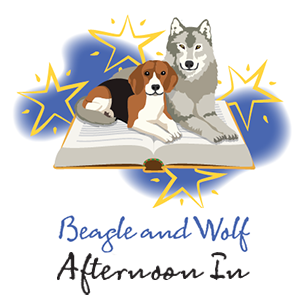
This month and next, Jen and Sally will share the books they recommended at Afternoon In. |
|
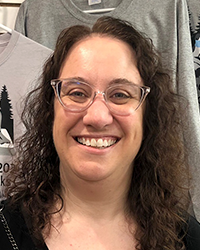 Jen Jen
|
 |
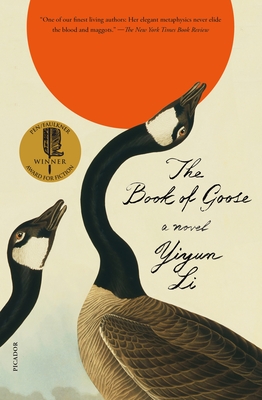 |
|
The Book of Goose
Yiyun Li
The Book of Goose is set primarily in postwar rural France. Fabienne and Agnes are girlhood friends, best friends, but it’s an unbalanced friendship. Fabienne wields all the power and Agnes is loyal to Fabienne beyond reason. When Fabienne decides the girls should write a book, Agnes of course goes along. Fabienne dictates, Agnes puts pen to page. They take the product to a widowed neighbor—it wouldn’t be accurate to say that the girls have befriended this man because Fabienne can be cruel to him, and Agnes goes along with Fabienne. The neighbor sends the story to a publisher, who is interested in publishing the story. For some reason, Fabienne wants Agnes’ name alone to appear on the book, despite having been the driver behind the tale. Soon, Agnes is a sort of celebrity, a 13-year-old author. A boarding school in England seeks her out and Agnes is sent there alone, without Fabienne. While Agnes is there, Fabienne continues to manipulate her from afar. The heart of this story is not so much the plot or what happens, but a bewildering WHY does this friendship exist as it does? There is a lot in this book to talk about.
|
|
|
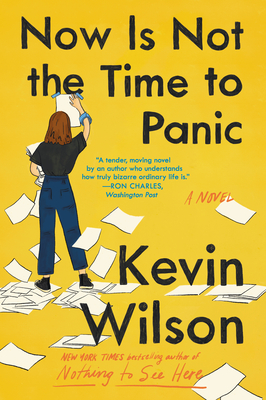
|
|
Now is Not the Time to Panic
Kevin Wilson
Now is Not the Time to Panic is an American coming-of-age story. In the summer of 1996, Frankie is a typical 16-year-old teenager living in Coalfield, Tennessee. She is a creative but doesn’t really feel comfortable in the world or have close friends. Zeke moves to town and the two become friends, maybe more than friends. To entertain themselves, they create a poster that reads two lines of nonsense: “The edge is a shantytown filled with gold seekers. We are fugitives, and the law is skinny with hunger for us.” It doesn’t mean anything, but it has the ring of a message from a radical group. Frankie and Zeke begin to distribute the posters all over town. At first, no one really takes notice, but when it does get noticed, it leads to all sorts of rumor and speculation. In time, the summer of 1996 in Coalfield is referred to as the Coalfield Panic of 1996. Most of the book is set in that summer. However, the end of the book jumps to 2017 when a reporter is researching to do a piece on the Coalfield Panic and wants to interview Frankie, who has become a successful writer. Frankie has to decide if she’s willing to give up the secret she’s been keeping for years. |
| |
|
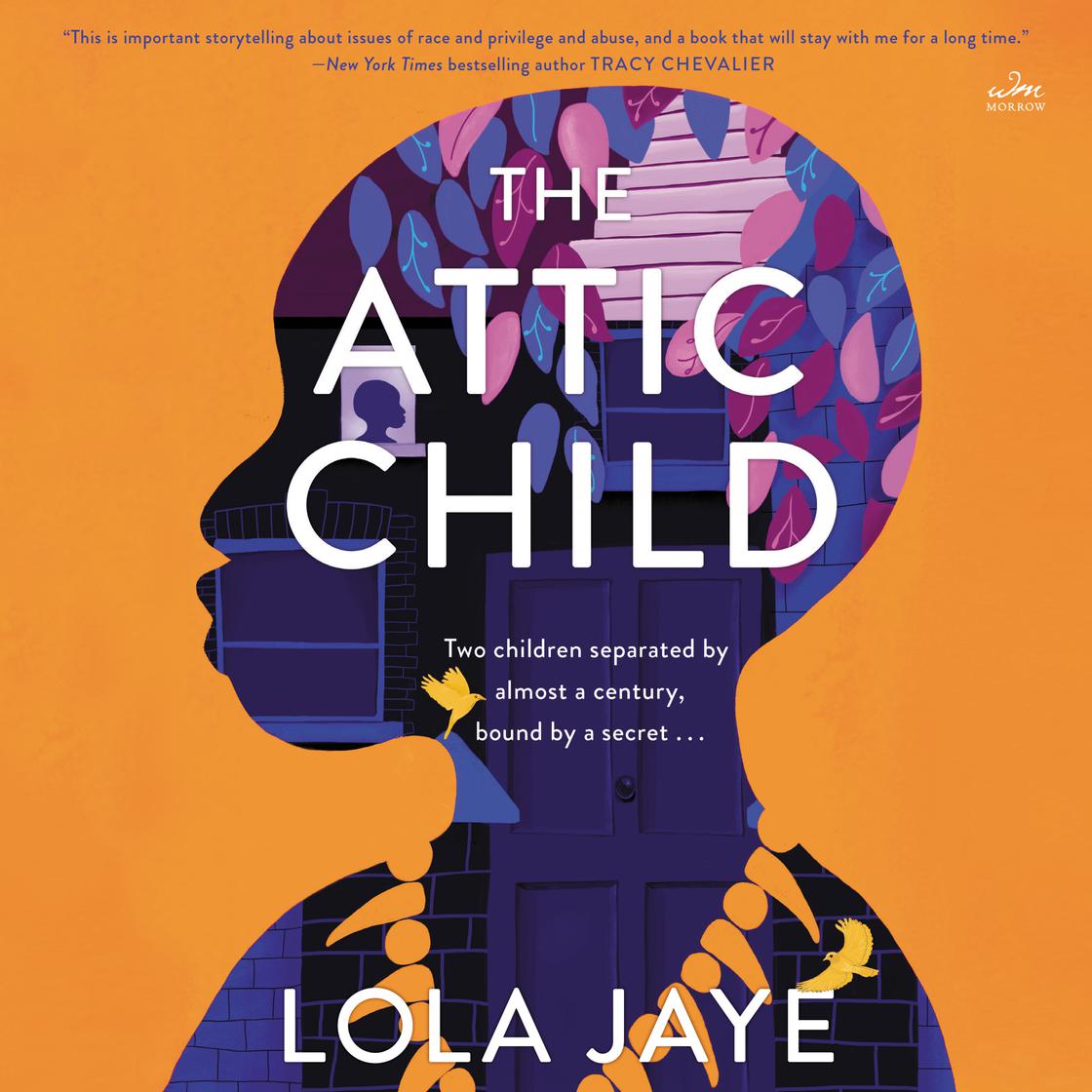 |
|
The Attic Child
Lola Jaye
The Attic Child opens in 1903, with a boy named Dikembe living with his family in Africa. He is the youngest of five boys. His older brothers and father go off to work every day. It’s a close-knit family with a lot of love. One day Dikembe’s father is killed and, even with four of the five boys working, the family struggles financially. When Dikembe’s mother is offered extra income for sending Dikembe with a white man named Richard to England, she agrees. Dikembe thinks he’ll be gone for about six weeks. However, one of the first things to happen is Richard changes Dikembe’s name to Celestine and so as a reader, you know this is going to be more than six weeks. Once in England, Celestine is well fed, taken care of and he is instructed in how to become an Englishman. Occasionally he is taken to dinner parties or other events and basically shown off to wealthy white English people. Richard is a widowed explorer and needs funds to be able to continue his expeditions. Celestine is the key to opening the purse strings of wealthy investors. Celestine spends a fair amount of time in the home’s attic and hides items in the floorboard.
Fast forward almost 100 years and we meet Lowra, a young woman who once lived in the same house as Richard and Celestine. Lowra was born into a wealthy family. After her mother died, her father remarried, suspiciously died, and Lowra was sent to live with a relative. Now the stepmother has died, and the house and its belongings have been passed on to Lowra. When Lowra goes to the home to collect anything she’d like to keep, the only place she goes is to the attic where she retrieves the items she found hidden in the floorboards as a child. Unknown to her that they were left by Celestine. These items were the only source of comfort to her after the death of her father. Eventually, the two stories intersect, but you’ll have to read the book to get the details.
If you like audio books, I highly recommend this one. The readers are excellent, especially the man that reads the parts of Dikembe/ Celestine.

|
| |
|

|
|
Survival Food
Thomas Pecore Weso
Every once in a while, I feel that I need to read, or my book group needs to read, what I would call a softball book. It’s enjoyable, but it’s not going to challenge my worldview, lead to a charged discussion, or be an Oprah pick. Survival Food is one of those books. It’s a memoir. The author, a member of the Menominee Indian Nation of Wisconsin, has chosen to organize it by food. Each entry is an essay detailing a certain event or time in the author’s life with a tie to a particular food and the essay ends with a recipe of that food or foods. The essays have the feel of sitting around a campfire listening to a storyteller. The author, born in 1953, grew up on a reservation. I could see this being a great book for a potluck and sharing family stories and the foods we remember from growing up. |
| |
|
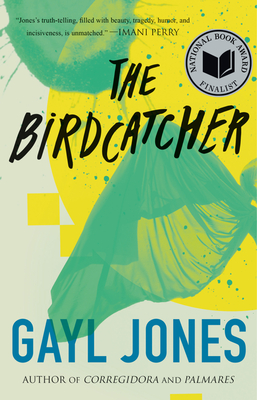 |
|
The Birdcatcher
Gayl Jones
First of all, this book has nothing to do with birds. Birdcatcher is the name of a piece of art. The book The Birdcatcher is mostly set on the island of Ibiza. Amanda is a writer, and her friend Catherine is a sculptor. Catherine also spends a fair amount of time in institutions because she has the peculiar habit of occasionally attempting to kill her mild-mannered husband. Despite the murder attempts, Catherine’s husband never leaves the marriage; he admits to her a new institution and hopes for the best. Over and over, he’s thought she’s well enough to be with him instead of in an institution. Despite these attempts, for the most part, this isn’t really a plot-based book. It’s an exploration of Black American women artists, of friendship, of art. The writing is atmospheric and I’m not entirely sure I know what happens at the end. That will make for good discussion—a group of readers can work it out. |
|
|
|
|
|
|
|
| |
|
|
|
|
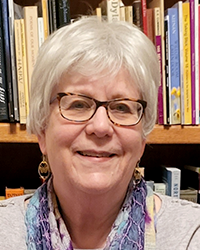 Sally Sally |
|
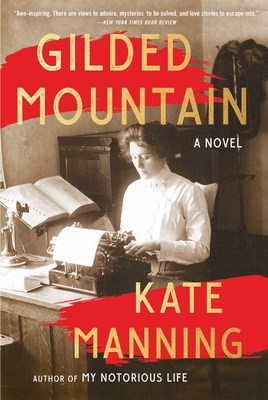
|
 |
Gilded Mountain
Kate Manning
The Gilded Mountain is historical fiction, a lively story set in Colorado in the early 1990s. Sylvie is French Canadian. Her family lived in Vermont, until her father’s attempts to form a union at his job in a marble quarry resulted in him having to leave. He relocated to another marble quarry, this one in Colorado, and his family followed later. Sylvie, who is the narrator, had expectations of romance and personal freedom in their new setting. Instead, she found a squalid mining town, brutal winters, and robber barons who lived lavishly while subjecting their employees to dangerous working conditions and low wages.
After completing school, Sylvie worked as the secretary to the trophy wife of the local robber baron, giving her a close view of their extravagant lifestyle. For example, their yearly budget for strawberries was more than Sylvie’s father’s yearly salary. She was infatuated by the young heir of the family, and troubled by the legacy of slavery to which she was exposed.
At the end of the summer, the family left Colorado for the winter and Sylvie began working for the local newspaper. Run by a woman, the newspaper was the only entity in town to publicly expose injustice. Gradually, Sylvie’s romantic notions were replaced with a lifelong commitment to social justice.
The book is set in a historical time that I know little about. That may be true for you as well. It’s a good read which was well researched and is highly entertaining, as well as educational. There is much to discuss and ponder in this book.
|
| |
|
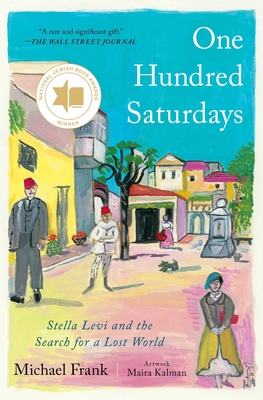 |
|
One Hundred Saturdays
Michael Frank
We try for a variety of books for Afternoon In. Usually I wouldn’t pick two books set in World War II, but One Hundred Saturdays was one of the best books I read last year, and I don’t want you to miss it.
In 2015, Michael Frank had a chance meeting with Stella Levi at a lecture on Nazi Fascism at New York University. Levi, who was born in 1923, is a Holocaust survivor. Over the next six years, Frank and Levi met on many Saturdays, and she slowly revealed the story of her life to him.
Levi grew up in the Juderia (Jewish quarter) on the island of Rhodes. The daughter of a successful businessman, she passionately wanted to follow in her older sister’s footsteps and receive an education. At the age of 14, she placed a packed suitcase by the front door of her home as a symbol of her intention to do so. Her stories of her early years reveal a close community and family. That changed with the arrival on Rhodes of the Fascists who would ultimately destroy the community and send 1,650 people, including Stella, her sister, and their parents to Auschwitz.
The sisters survived the ordeal; their parents did not. The stories of this part of Stella’s life are harrowing and important for us to read, internalize, and remember.
Finally, Stella tells of her long post-war life. This part of the book is poignant, for the dreams and aspirations of the 14-year-old who desired an education were not the lived experiences of the survivor of the camps.
The book relates brutal experiences, but Stella’s indomitable spirit gives hope to her story. The survivors of the camps are dying of old age, but it is crucial that their stories do not die with them. Don’t miss reading this book—it may well be the most important one you read this year. |
| |
|
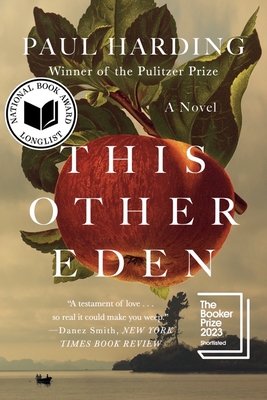 |
|
This Other Eden
Paul Harding
When we pick books for Night In/Afternoon In, we’re looking for books that we can introduce to you. Books other than the bestsellers and the books by popular authors, books that you haven’t heard of but just might love. I failed spectacularly with the next book! It’s called This Other Eden, and, in my defense, I picked it several months ago. I never dreamed it would end up on lots of lists of the best books of 2023, be shortlisted for the National Book Award, and even end up on Barack Obama’s list of his favorite books of last year. I guess I just have good taste in books!
So, what is this book that so many people think is great? This Other Eden is fiction which was inspired by the true story of Malaga Island. This isolated island off the coast of Maine was one of the first racially integrated communities in our country.
In 1792 a former slave and his Irish wife discovered the island, and realized they could make a life together there. Their descendants were on the island until 1912. That year, the state of Maine evicted the 47 residents of the island. 8 were sent to the Maine School for the Feeble-Minded. Their homes were burned, and their cemetery relocated. In 2010, the Maine legislature passed a resolution expressing “profound regret.”
Paul Harding has retold this story powerfully and beautifully. The people of the island and their lives and dreams come alive to the reader in a way they never came alive to the officials of Maine. The hardships of their lives, but also the joy in their community are affecting.
Read the book for the story. If you wish, contrast it to the other Eden we know of. Stop to consider the ways discredited sciences, such as eugenics, have been used to harm people. Reflect on the ways people in leadership have failed to recognize and protect the human dignity of others, particularly others who are different from themselves.
This is a challenging book, but worth the effort to read and ponder it. |
| |
|
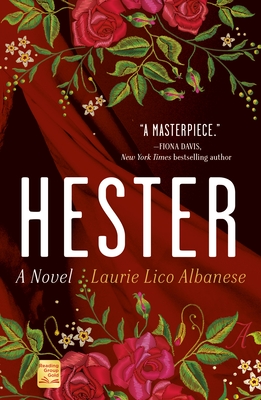 |
|
Hester
Laurie Lico Albanese
Do you remember having to read The Scarlet Letter in high school? Laurie Lico Albanese has reimagined that book from the point of view of the woman who inspired Hester Prynne. It’s a lively retelling, with a novel backstory.
Young Isobel Gamble emigrated from Scotland to Salem Massachusetts with her husband Edward, fleeing from the shambles his drug use had created in their lives. Soon after arriving, Edward, an apothecary, left her and went to sea as a medic.
Isobel was nearly penniless, but as a skilled seamstress was able to find work and support in the community. She also had an unusual ability which her mother had taught her from childhood to conceal. Isobel had what is now known as synesthesia, the ability to see colors associated with sounds and letters. In her day, this ability was regarded as witchcraft. And it was as dangerous to reveal it in Salem as it would have been in Scotland. Although a hundred years had passed since the Salem witchcraft trials, their influence was still pervasive in the community.
Isobel met Nat Hathorne, (known to us as Nathaniel Hawthorne) an aspiring writer haunted by the role one of his ancestors played as a judge of the Salem witchcraft trials. In the book Hester, Isobel and Nat’s relationship inspired The Scarlet Letter.
Hester has been carefully researched and is richly imagined. Life in Salem in the early 19th century, the position of a nearly penniless immigrant woman abandoned there, witchcraft trials, the Underground Railroad, and the role of creating and ornamenting clothing in the society are all incorporated in this fascinating book. |
|
|
| |
|
|
|
|
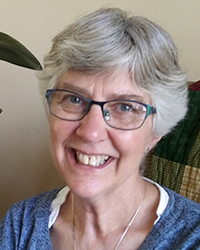
Ann |
|
Read Ann’s reviews in Youth Yak.
|
|
|
|
|
|
|
| |
|
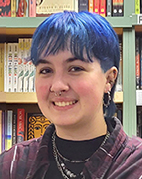
Cascade |
|
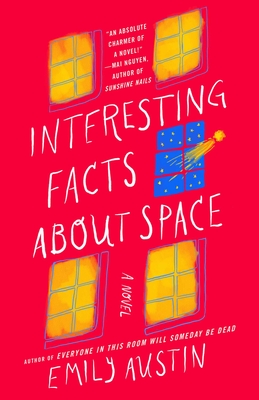 |
|
Interesting Facts About Space
Emily Austen
Enid is really, really worried that she might be a bad person. This is one of the many anxiety-riddled obsessions that consume her waking thoughts. Enid copes with these notions by distracting herself with true crime podcasts almost constantly (which, as you might assume, does not help with her pervasive paranoia.) She also calls her mom and recites facts about space to calm herself down. Despite her mental health struggles, Enid holds down a job at a space agency, works on developing a relationship with her half-sisters, and manages to date several people. Things begin to fall apart when her phobia of bald men takes serious control over her life, making Enid wonder what has caused this specific fear and why she has missing memories of periods of her teenage years. I resonated with a lot of the struggles that Enid faced as a person with an anxiety disorder and was so uplifted by the end when she started to take back control over her life.
|
| |
|
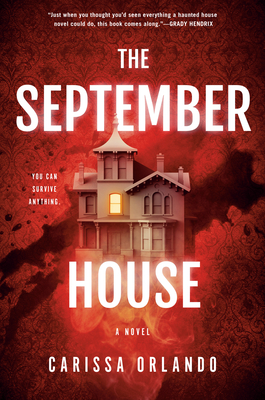 |
|
The September House
Carissa Orlando
I don’t recommend many horror books, even though that is one of my most read genres, because I know that horror is just not for everyone. That being said, this horror novel struck me as one that would have wider appeal. We follow retirees Margaret and her husband Hal, who have inadvertently moved into a haunted house. Blood drips down the walls, screams echo down the hall, a maid with a horrific head wound moves furniture around, and mutilated ghost kids show up each September to cause further chaos (and don’t even get me started about what lurks in the basement.) Unlike most sane people, Margaret refuses to move. This old Victorian is her dream home and while Hal has had enough, Margaret is staying put. When Hal disappears, Margaret is sure he has finally fled the chaos, but their daughter Katherine becomes worried when he won’t answer her calls and decides to pay them a visit. Margaret desperately tries to hide the evidence of the haunting, worried her daughter will make her move if she finds out. Other than some blood and guts, this book is mostly a humorous mystery with a no-nonsense, unflappable older woman whom I adored at the forefront. |
| |
|
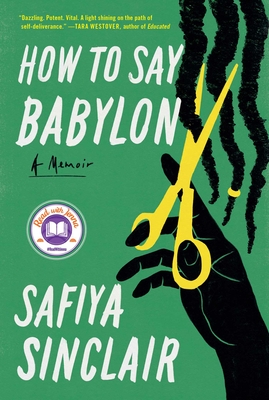 |
|
How to Say Babylon
Safiya Sinclair
This is memoir at its finest, exquisitely written and poignant, reciting life experiences and a religion that I knew nothing about before picking up this book. Sinclair grew up strict Rastafari in Jamaica, with a father obsessed with protecting her and her sisters' purity from the taint of the culture outside the religion, the culture they call Babylon. Sinclair’s mother is expected to be obedient and rear the children. She mentally escapes her subjugation through smoking marijuana. Literature and school become Sinclair's main escapes from her abusive home life, and she excels at them, seeing education as her eventual way out. Despite being poor, she attends a private school on a full scholarship due to how well-read she is and her ability to recite poetry from memory. Writing, especially poetry, continues to open doors for Sinclair throughout her life and you see this influence shine through in the lyrical prose of this book. This is a must-read for those who were moved by the memoirs Educated and The Glass Castle. |
| |
|
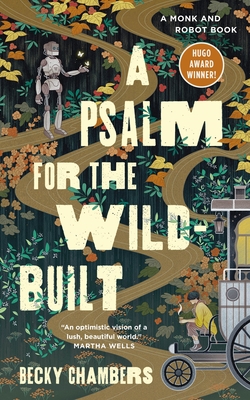 |
|
A Psalm for the Wild-Built
and A Prayer for the Crown Shy
Becky Chambers
These novellas clock in at just over 300 pages combined and I raced through them back-to-back as my first reads of the year. In this cozy fantasy world, robots have become self-aware, causing humans to give them the choice to join society as equals or to live life independently. The robots choose to forge their own society in the wilderness and disappear, becoming the stuff of myths and legends. Centuries later we follow Dex, who is unsatisfied with their life and decides to make a radical change, becoming a tea monk who travels to various towns and villages and acts as a sort of therapist, comforting people by lending an ear to their troubles and brewing them soothing concoctions.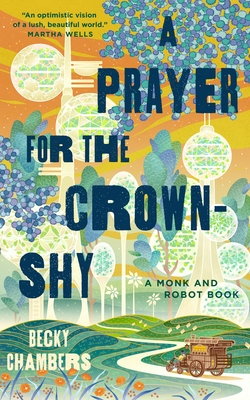 When Dex decides to go off trail and explore more of the wilderness, they stumble upon a lone robot named Mosscap who has been elected to make contact with the humans. Mosscap has been tasked with trying to answer the question, “What do humans need?” Dex and Mosscap decide to travel together and along the way they share philosophical conversations about what it means to be alive and have purpose. These are tender tales of finding one's place and life mission and would be great for fans of TJ Klune’s feel-good fantasy stories. I am anxiously waiting for Becky Chambers to release more books in this series. When Dex decides to go off trail and explore more of the wilderness, they stumble upon a lone robot named Mosscap who has been elected to make contact with the humans. Mosscap has been tasked with trying to answer the question, “What do humans need?” Dex and Mosscap decide to travel together and along the way they share philosophical conversations about what it means to be alive and have purpose. These are tender tales of finding one's place and life mission and would be great for fans of TJ Klune’s feel-good fantasy stories. I am anxiously waiting for Becky Chambers to release more books in this series.
|
|
|
| |
|

|
|
|
|
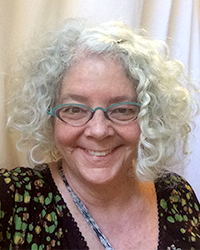
Hannah
|
|
 |
|
Opposable Thumbs: How Siskel & Ebert Changed Movies Forever
Matt Singer
The subtitle says it all. This is the description of how their movie reviews program came to be, and how impactful it was. I happen to know a couple who worked with them at the Chicago PBS station where it all started. My friends say Siskel and Ebert were both nice individually, but awful to work with when they were together. Their sparks were part of what made the show both fun and informative. It was a “marriage” made in heaven, as those of us who remember it will testify. |
| |
|
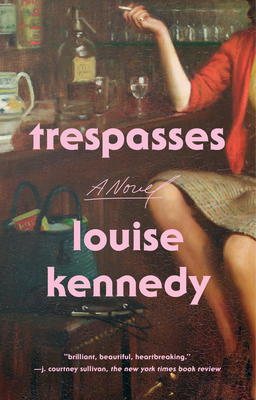
|
|
Trespasses
Louise Kennedy
Cushla is a Catholic schoolteacher who works parttime in the family bar. The setting is a small mostly Protestant town outside of Belfast in the height of the Troubles. Violence and injustice are happening all around her. She lives with her alcoholic mother. The head of the parochial school and the local priest are no help. An older, married man shows up in the bar. One of her sweetest students needs special attention.
All of this is made palpable through Kennedy’s beautiful prose. The book cover is so perfect… Something about the novel reminds me of Shuggie Bain: its author loves Trespasses. |
| |
|
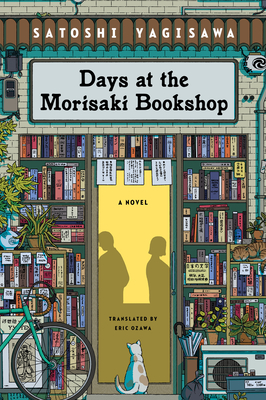 |
|
Days at the Morisaki Bookshop
Satoshi Yagisawa, translated by Eric Ozawa
This quiet little novel opens when Takako has her heart broken by an unworthy young man who works at the same company. She ends up quitting her job and moving into a room above her uncle’s used bookstore. This is a novel about how long love lasts, whether it should, and how to cope with the loss of love. It’s also about reading. And how readers become book lovers. And about a real area of Tokyo that’s full of used bookstores, the largest, according to the novel, concentration of secondhand bookstores in the world. Wouldn’t you love to visit it? |
|
|
 |
  |
 |
|
|
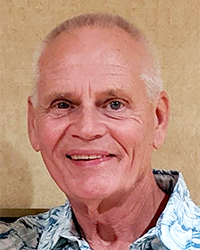
Lee |
 |
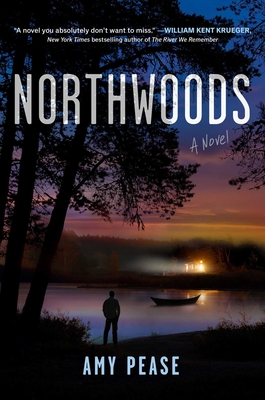
|
 |
Northwoods
Amy Pease
Eli North is a decorated soldier and a former Federal investigator suffering from PTSD. He is self-medicating with alcohol. With a lot of alcohol.
In fact, Eli North is barely holding on. He is working as a deputy for his mother, a sheriff in a small Wisconsin resort town, because the dwindling law enforcement budget is not really something that attracts many applicants. And Eli’s credentials are quite impressive.
The body of a teenage boy is discovered, the boy's girlfriend is missing, and things point to the opioid epidemic which does not leave pleasant resort towns untouched.
This is a well-constructed debut novel, and I am looking forward to following what I presume will be a series. |
| |
|
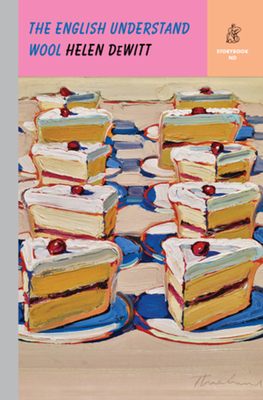 |
|
The English Understand Wool
Helen DeWitt
This is a fine novella, and Helen DeWitt makes great use of its 64 pages.
Marguerite is an exceptionally well-raised 17-year-old. Above all, she has been taught that mauvais ton must be avoided. Mauvais ton is roughly “bad taste” but more emphatic, as something that is never done within the proper circles. For example, one should never ask servants to serve meals (specifically) or work (generally) during Ramadan, so Marguerite’s family takes an extended vacation during and following Ramadan. And, of course, all the servants at their home are paid during the family’s absence.
Marguerite’s circumstances suddenly change, and we are presented with the difference between the truly well-bred and the posers. |
| |
|
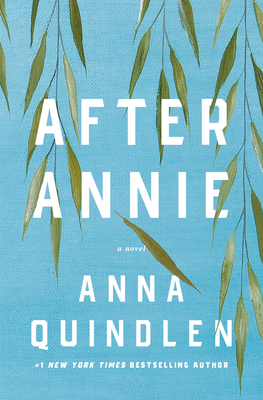 |
|
After Annie
Anna Quindlen
Annie Brown is preparing dinner and suddenly drops to the floor, dead. Her husband and four young children are instantly without the person who was at the center of their lives. Equally lost is Annemarie, Annie’s best friend.
Annie’s 13-year-old daughter works to hold everything together, while still dealing with her own issues.
This novel reminds us how well Anna Quindlen understands people, adversity, and change.
While this is a short review, I didn’t want to include spoilers!
Note: this book will be released February 27.
|
| |
|
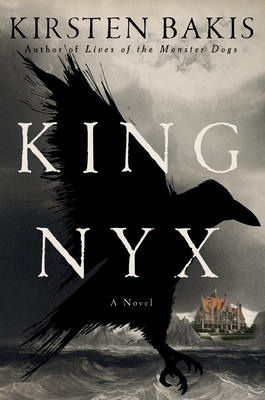 |
|
King Nyx
Kirsten Bakis
The narrator of this fictional novel is Charles Fort's wife, Anna. The story is built around the fundamentals of Charles’s life. (You should look him up in Wikipedia before beginning.)
This is one of the odder books I have read, but I could not put it down. Part of the strangeness comes the fact that Anna has spent time in a psychiatric hospital, and she tends to not have much faith in her own experiences and knowledge.
A primary focus of the novel is misogyny in all kinds of flavors: "More lives derailed by men who did whatever they wanted. The same story over and over." Another theme is the search for some kind for some kind meaning in life: "We heard a faint echo of the universal order. Enough to get us from one end of our mortal years to the other."
Ultimately, though, the one thing that is most necessary to understand is that "There will always be victims. The trick is to make sure it is never you."
Note: this book will be released February 27.
|
| |
|
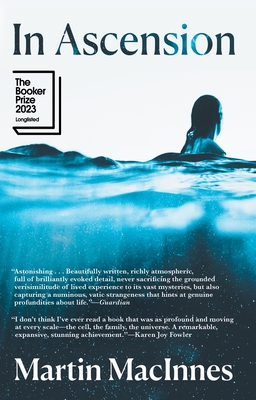 |
|
In Ascension
Martin MacInnes
This novel takes the reader from unplumbed depths of the ocean to light years into space. Even so, it is a story about Earth as it approaches a climate crisis.
Dr. Leigh Hosenboch is a marine scientist from Rotterdam. In many ways she is escaping her home, both the violence of her father and the distance of her mother. The person who holds her closest is her younger sister, Helena.
Even as unprecedented events arise when exploring a new vent whose depth far exceeds anything previously discovered, Leigh has the sense that everyone is missing something... that we cannot recognize and acknowledge something if we are not looking for it.
Her work in the ocean, her new connections with researchers, and the discoveries made on that expedition lead her to a new endeavor ... a space flight that will go far beyond anything previously possible. Even so, Leigh believes that looking for new life in alien environments is not a key to our future, “Life is already alien, is already rich and strange,” says Leigh. “We don’t need to say it arrived seeded on a meteor to make it more so.”
Note: this book will be released in paperback February 27.
|
|
| |
|
| |
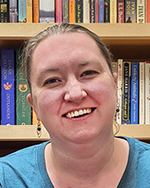
Rebekah
|
|
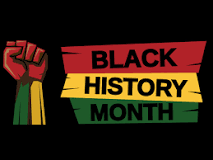
In honor of Black History Month, I’ll be reading these books. |
| |
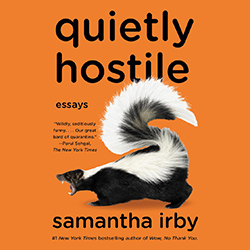 |
|
In Honor of Black Laughter:
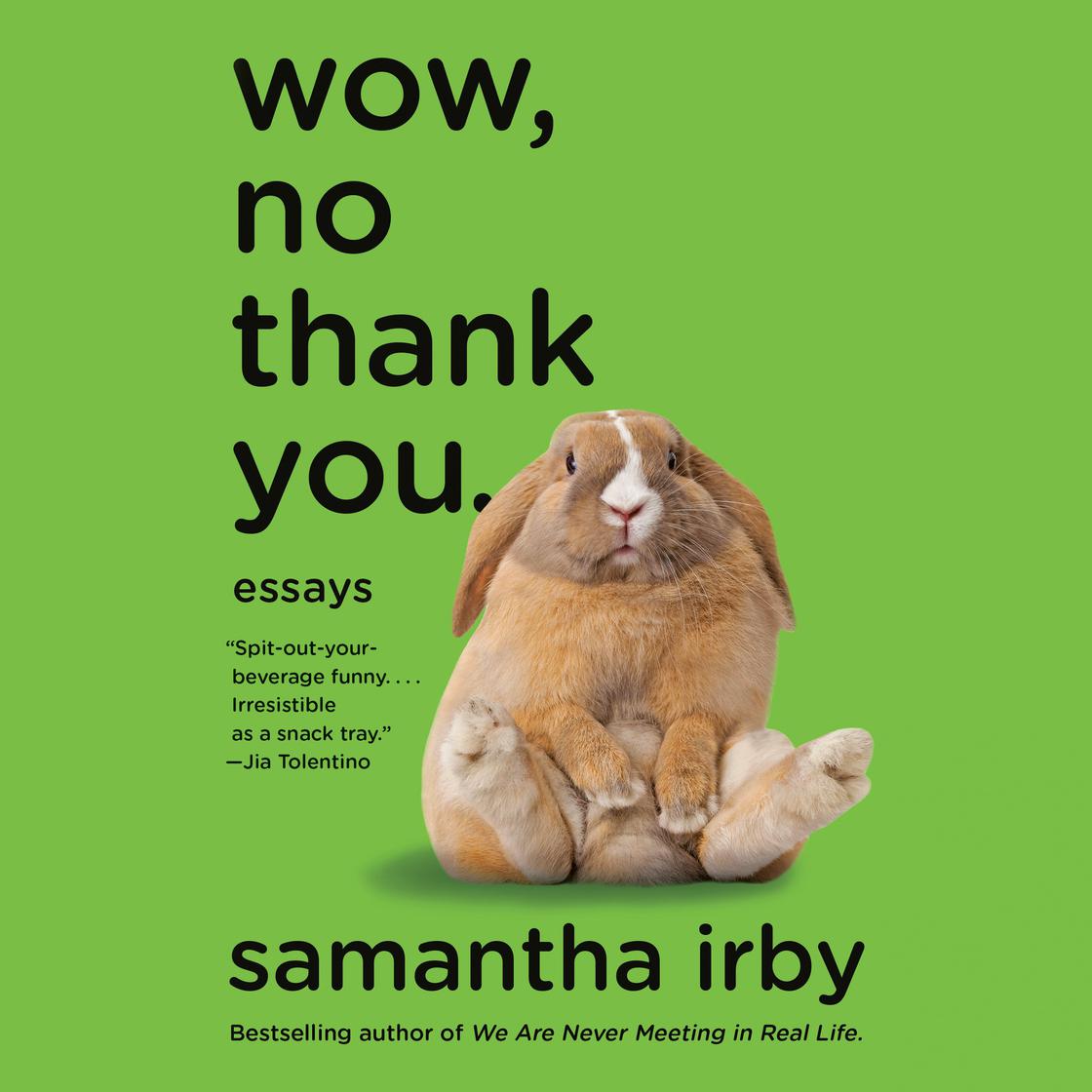 Quietly Hostile and Wow, Quietly Hostile and Wow,
No Thank You
Samantha Irby
Irby’s observations about herself and the world are laugh-out-loud hilarious. She narrates the audiobooks, and her delivery and timing are impeccable.

|
| |
|
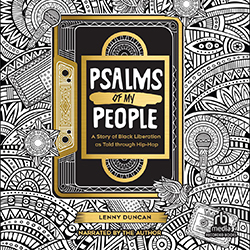 |
|
In honor of Black Art:
Psalms of my People: A Story of Black Liberation as Told Through Hip-Hop
lenny duncan
lenny duncan's writing has been on my shelves and in my head since since their book Dear Church was published in 2019. duncan was a pastor in the ELCA at the time, and this love letter to the church of my youth provided insight into a perspective that couldn't have been mine. Since then, duncan's life has gone through many transitions, but their writing has continued to demonstrate a stunning combination of scholarship, wisdom, and honesty. I look forward to learning more from them in this, their latest publication. The print book is beautiful. I also recommend the audiobook, which is read by the author, who illuminates both passion and nuance in their narration.

|
| |
|
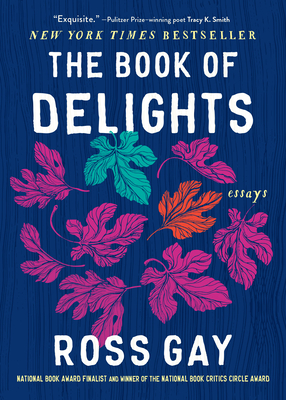 |
|
In Honor of Black Joy:
The Book of Delights
Ross Gay
Ross Gay's decision to write daily about something that delighted him resulted in a book that is full of beauty and inspiration. Gay doesn't pretend life is simple or perfect or even safe, but still finds and shares infectious joy. |
| |
|
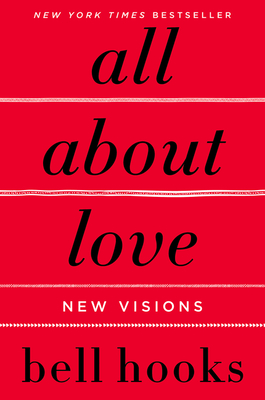
|
|
In Honor of Black Wisdom:
all about love
bell hooks
This book will challenge ideas about romantic love and deepen understanding of what love is and how it can change us, both individually and societally. bell hooks' wisdom grants me new insights each time I read her words. In my opinion, all about love is a must-read.
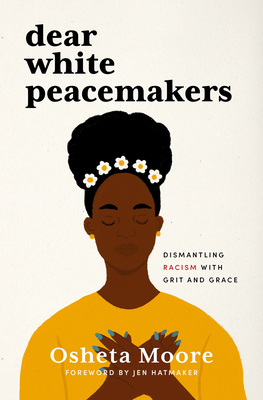 Dear White Peacemakers Dear White Peacemakers
Osheta Moore
If you ever wanted to sit down at the table with Wisdom herself, you'll get a taste of just such an experience with Osheta Moore. Race is never an easy topic, but Moore creates an atmosphere of shalom while tackling division, violence, shame, and privilege. Her work is a gift of and for humanity.
|
Other modern Black authors I read and re-read:
Cole Arthur Riley
Chanequa Walker-Barnes
Ally Henny
Ijeoma Oluo
Chimamanda Ngozi Adichie
Kwame Alexander
Jerry Craft
|
|
|
| |
|
 |
|
|

Tim
|
|
|
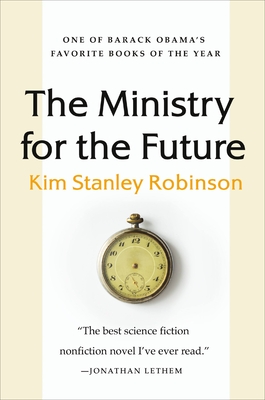 |
|
The Ministry for the Future
Kim Stanley Robinson
My book group, the TED group, chose this book, and decided that the book was long enough and covered enough material that it would be discussed over two monthly meetings. So, this review covers only the first half of the book. I don't think I've ever seen such a 'split review' here in the newsletter.
The book straddles several genres, making it a little difficult to neatly pigeon-hole it as one or another. It's primarily Science Fiction, taking place as it does in the not-too-distant future, where climate change has set in motion climactic events that can no longer be ignored. So, there’s also a serious environmentalist thread to the story line. Additionally, there are themes of politics, human psychology, social organization (and disorganization), all alongside the story line of the characters. Robinson sets before the reader a complex, thoroughly researched, best case description of what would/will likely be the reaction of people, governments, and the environment itself to what's coming. It's simply the clearest explanation of what's before us I've EVER encountered. No nonsense.... not prettied up, simple truth-telling. But remember.... I'm only telling you my impressions of the book's first half. If you're looking for a no-nonsense description of how this world event is likely going to play out, and can take being talked to like an adult, you might want to consider reading this book. |
| |
|
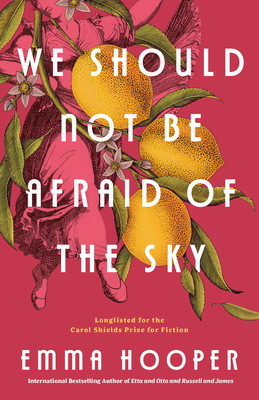 |
|
We Should Not Be Afraid of the Sky
Emma Hooper
In one of the Roman Provinces in Western Europe (my impression was Spain), the Governor General's wife has astonishingly given birth to nine daughters. Not surprisingly, she doesn't survive the ordeal, and the storyline of Emma Hooper's newest book follows the lives of these daughters. More often than not, I think authors tell their stories as if the characters in them possessed the same sensibilities and frame of reference as their present-day readers. If you think about it seriously, that simply might not be the case. In this instance, Hooper has tried to give her readers a feel for what the pre-Christian population might have felt about their interactions with their world, and the startling novelty of what it was like for them to encounter Christian ethics and world view for the first time. Hooper's distinctive writing style adds to the blurring of boundaries between stream of consciousness and clear-cut prose. This adds to the blurring of similar boundaries between hard reality (as we might experience it) and a more subjective conception of reality. The gods seem ever and immediately present, as opposed to our present day more objectified distance.
Before I get too lost in the weeds here, let me just say that it's interesting to read a writer who is consciously toying with methods of writing that push the reader a little off balance, when you're becoming a bit too comfortable with the way you're processing what you're reading. It's interesting and brilliant. |
| |
|
 |
|
Medea
Eilish Quinn
There's a long and venerable tradition of re-telling the old, old stories, the creation myths that seek to explain the meaning of the relationship between humans and the cosmos. Each age cannot help but color the stories they tell with its own values, both good and problematic, expressions of real and imagined boundaries. This retelling of the story of Medea, semi-divine witch, necromancer and murderess, has proved fertile ground for storytelling, precisely because she is such a transgressor of so many sacred boundaries, both explicit and latently brutal. Boundaries that lurk deep in our collective subconscious, sequestered there just as the Old Gods (the Titans), are hidden away deep in Tartarus. Yet even so imprisoned they rage on, just as Lucifer rages on in hell. Eilish Quin spins her tale with rare skill as a writer of expert prose, but also (maybe more importantly) embodying the objectivity afforded by today's experience and willingness to test entrenched demarcations of gender, conceptions of reality and science, environmentalism, race, and spiritualism. "True intelligence rarely lies in exclusion (boundaries), but flourishes in broader connections, in the application of one discovery to the next." Quinn's Medea is an excellently worked next step forward. The book jacket mentioned that this is her first book. I think we can confidently look forward to some really great writing.
Note: This book will be released February 13.
|
|
|
|
|
|
|
Would you like to be a guest reviewer?
Email Sally at sally@beagleandwolf.com. |
| |
|
|
|
|
|
— page top —
|
|








 Sally
Sally






















 When Dex decides to go off trail and explore more of the wilderness, they stumble upon a lone robot named Mosscap who has been elected to make contact with the humans. Mosscap has been tasked with trying to answer the question, “What do humans need?” Dex and Mosscap decide to travel together and along the way they share philosophical conversations about what it means to be alive and have purpose. These are tender tales of finding one's place and life mission and would be great for fans of TJ Klune’s feel-good fantasy stories. I am anxiously waiting for Becky Chambers to release more books in this series.
When Dex decides to go off trail and explore more of the wilderness, they stumble upon a lone robot named Mosscap who has been elected to make contact with the humans. Mosscap has been tasked with trying to answer the question, “What do humans need?” Dex and Mosscap decide to travel together and along the way they share philosophical conversations about what it means to be alive and have purpose. These are tender tales of finding one's place and life mission and would be great for fans of TJ Klune’s feel-good fantasy stories. I am anxiously waiting for Becky Chambers to release more books in this series. 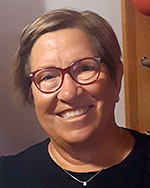
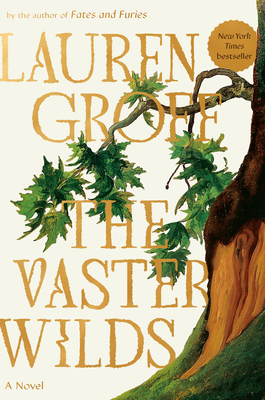







 Quietly Hostile and Wow,
Quietly Hostile and Wow, 
 Dear White Peacemakers
Dear White Peacemakers